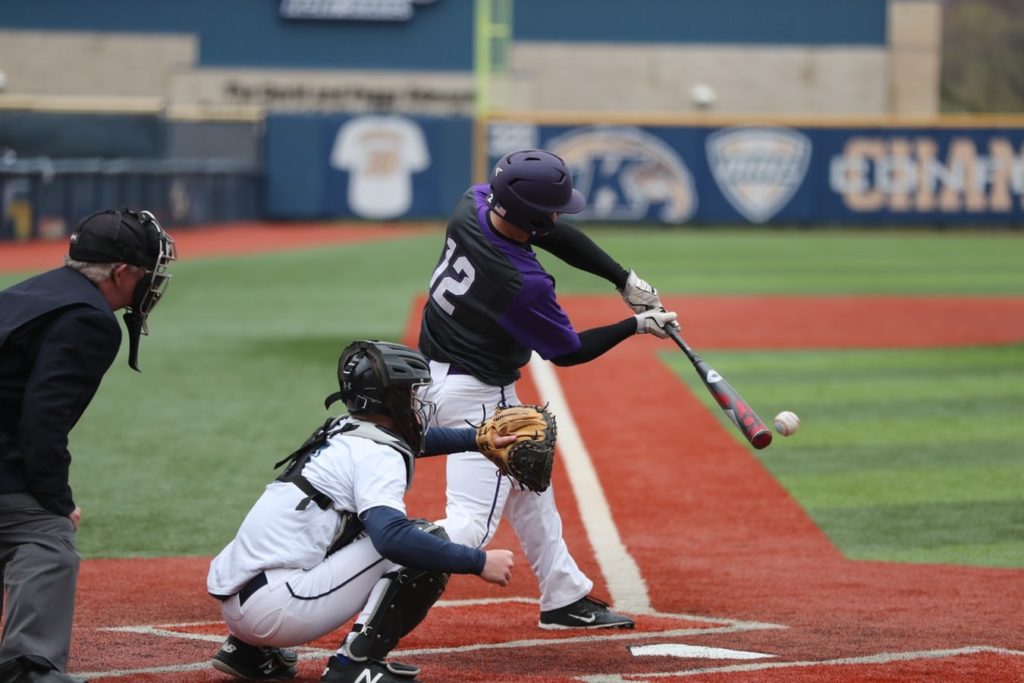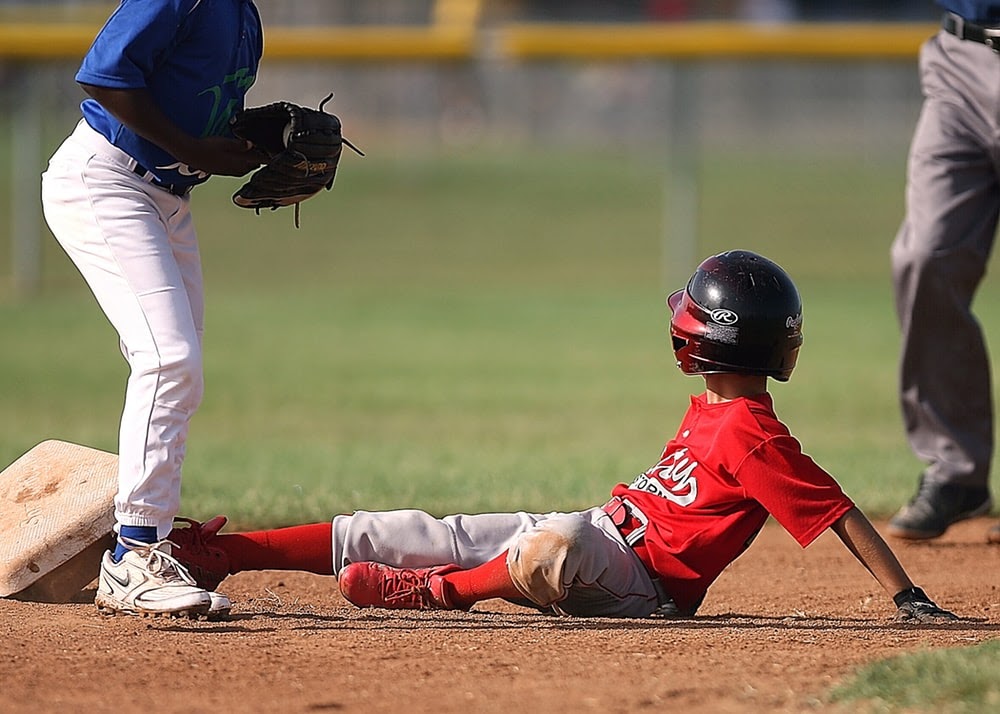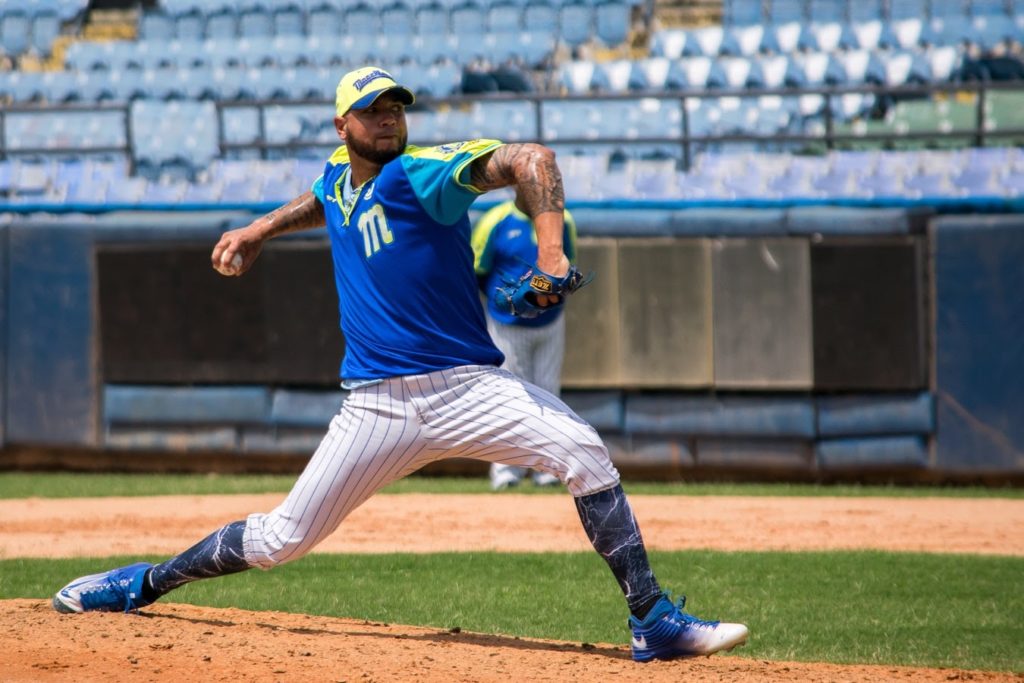Baseball for more than a century has been one of the most popular sports in America and around the world as well, especially in Japan. A study published in The Wall Street Journal found that nearly 16 million Americans play baseball, from Little Leaguers to professional sluggers. Participation in youth baseball leagues has been rising steadily for years, according to surveys by the Sports Fitness & Industry Association.

As you can see, baseball is not called “the national pastime” without good reason.
For the love of the game and to make a good living, you can become a baseball coach and fulfill your passion for the sport while helping aspiring players achieve greatness.
So if the distinctive sound of a bat blasting a baseball into orbit fills your heart with joy, if you thrill to that “thunk” the ball makes when it smacks into a well-worn leather glove, read on to learn how you can train to be a baseball coach.
In this article you’ll discover:
- How much money you can make as a baseball coach
- The required training and certifications
- Professional groups to join
- Employment Opportunities
- Finding players as a private coach or owner of a training camp
- Plus helpful tips for baseball coaches
How much money can you make?
Private pitching, batting and general skills baseball coaches currently charge $50 or more for a 30-minute session. The skill level of the player and the experience of the coach are key factors in how much private coaches can charge. As players improve, they are ready to learn advanced skills, for which private coaches can charge more.
Managers of Major League Baseball teams earn the most of anyone in the sport. Out of 33 MLB manager salaries compiled by USA Today, the median annual salary is $1.3 million.
Five MLB managers earn $4 million or more per year, with Mike Scioscia, manager of the Los Angeles Angels, sitting at the top of the list with an annual salary of $6 million.
At the college level, top coaches can make a six-figure income, climbing to $1 million or more for performers who lead their teams to national championships.
Lower on the career ladder, college assistant coaches earn an average salary just under $34,000 per year, according to Salary.com.
High school baseball coaches are typically full-time teachers who make extra money coaching. The baseball coaching stipend ranges from $800 to $3,000 per season, depending on the locality. In terms of the time commitment, it works out to $20.84 per hour on average.
Training and Certification
You’ll need a college degree to coach baseball at just about any level beyond Little League, which offers volunteer unpaid positions. Your degree can be in any subject, but since you are pursuing a career in athletics it may make the most sense to major in areas such as sports medicine, exercise and sports science, physiology, kinesiology, nutrition and fitness, and physical education.
USA Baseball recently began offering a free accreditation program for coaches. You can sign up here. The program is for everyone in the baseball coaching community, regardless of age, level, or experience.

The National Federation of State High School Associations offers a baseball Coach Certification Program. This is a professional credential offered to individuals who are currently coaching or aspire to coach high school baseball. Requirements for certification vary by state.
While neither certification is an absolute requirement, professional certification is widely recognized as the mark of a serious coach. It will also give you a competitive advantage in the job market.
During your training you’ll learn the primary drills for practice. These include pitcher’s fielding practice drills (PLP drills), designed to perfect various pick-off techniques for pitchers while putting in a lot of reps in a short period. Here’s a video clip to illustrate this training.
A good practice session keeps the players moving and interacting like a well-oiled machine. Each practice will typically focus on a group of related drills or a single technique.

During your own training as a coach you’ll learn these common practice drills:
- Catch, Tag and Throw
- Cut-Relay Play to Home Plate
- Fly Balls
- Ground Ball and Base Coverage
- Infielders Throwing Across Rotation
- Mass Ground Balls and Fly Balls
- Rundown or the Ambush play
- Shortstop Overthrow of First Base
- Sliding
- Three Groups Drills
- Two Bases Relay
- Fly Balls Three Toss Drill
- Wild Pitch/Passed Ball Communication
- Three Players, One Base Drill
Here’s another video clip illustrating some of these drills.
Professional Groups to Join

The American Baseball Coaches Association is the premiere organization for coaches of the sport. Annual membership costs $55. These benefits come with membership:
- Access to the association’s Coaching Resource Library with drill videos, charts and diagrams added weekly.
- Receive Inside Pitch Magazine, sent to members every other month.
- Attend the ABCA Convention and other ABCA events for free or at discounted rates.
- Listen to the ABCA Podcast.
- Protect yourself as a coach with a $1 million liability insurance policy.
- Receive a weekly newsletter of association updates and relevant coaching information.
- Post and search coaching jobs on the association’s job board.
- Nominate your program and players for major awards, including All-America, All-Region, National Players of the Year, Academic Excellence and more.
- Network with more than 7,000 coaches at the annual ABCA Convention. Connect with coaches in your region and local community at the association’s Barnstormers Regional Clinics.
- Exchange ideas with coaches in the forums & chat features of the My ABCA mobile app.
- Join the Official ABCA Members LinkedIn Group.
Employment
The first place to look for employment as a baseball coach is the American Baseball Coaches Association jobs board. You can filter your search by employment time and career level. The site even lets you export your searches into a spreadsheet. New opportunities are posted just about every day.
You can also run customized searches and receive automatic email notifications on new openings through Indeed.com. A recent search revealed nearly 100 employment listings in the last 30 days for baseball coaches at almost every experience level.

As a baseball player, if you excel in college you could go on to play in the major league or at least get picked up by a minor league team. This playing experience can help you break into coaching at the college level and, eventually, the minor and major leagues, as you acquire more experience and post a record of success.
Joining The American Baseball Coaches Association provides plenty of networking opportunities. You can connect with other coaches, build online relationships and grow your contacts to the point where new openings come to you.
Summer camps and youth leagues are great entry-level jobs for new baseball coaches. Get your resume to them well before the season begins. You are not likely to have nearly as much luck finding summer work if you apply a week or a month before the camp starts.
Finding Clients
Managers in the major leagues have entire departments within the organization dedicated to recruiting top talent, negotiating salaries and arranging player trades with other teams. As a manager or assistant manager in the pros, your main job in finding talent will be to evaluate whether you want a particular player on the team. This involves careful review of game videos to assess a player’s strengths, as well as in-person interviews to gauge whether a prospect will literally play well with the rest of your ball club.
As a college baseball coach, you’ll spend some of your time looking for players by recruiting high school students to attend your college and join the team. You’ll meet with prospective players and their families, as well as reviewing their game videos and statistics to evaluate performance.
If coaching at the high school level, players will typically come to you during spring tryouts.
If you’re running your own baseball camp, reach out to area high schools and junior high schools, so they know a summer camp is available where their players can hone their skills.
Your other marketing efforts should include setting up a page for your private camp on social media platforms and posting regularly. Lots of photos. Helpful content such as training tips or sample videos of your own practice sessions. All of your social media posts should include a link back to your business website. Also check out this article on encouraging your students to give you great reviews on platforms such as Yelp.
Good to know:
- Buy liability insurance. How much coverage you need will depend on several factors, such as your net worth and the value of your private coaching business. Some professional organizations may include liability coverage as a benefit of membership. Only you can decide if the coverage amount is sufficient for your business. Liability insurance is important because injuries can happen in all sports and you could potentially be held at fault, unfairly or not.

In time you may be able to depend on players to help bring equipment to afternoon practice, but if you’re just starting out or coaching kids, chances are you’ll be the one lugging the equipment bag. Seasoned coaches recommend bringing these items to every practice:
- First aid kit
- Extra bottled water
- That day’s practice plan, broken into detailed drills and the time segments for each.
- Bats, balls, and any other equipment you need, such as an extra catcher’s mask.
In addition, here’s what to bring on game day:
- Cell phone in case of an emergency
- Your roster of players, their positions and the batting order
- Scorebook and pencil
- (For youth leagues) Worksheet with substitution rotations so everyone gets equal playing time
If you enjoyed this article, check out some other PocketSuite.io content that can help you grow your career as a baseball coach. Here’s a great place to start.
PocketSuite has thousands of business owners who all started where you are right now. Our community is always happy to help you ramp up, grow your client base, and achieve your income goals, both within the PocketSuite app and as part of our exclusive Facebook Community Group. PocketSuite’s vision is for any professional to be able to work for themselves and make a great living. It starts here. It starts with you. It starts today. Let’s get started, download PocketSuite now! Feel free to reach out with any questions (we’d love to hear from you)! Text us @ (415) 841-2300.





